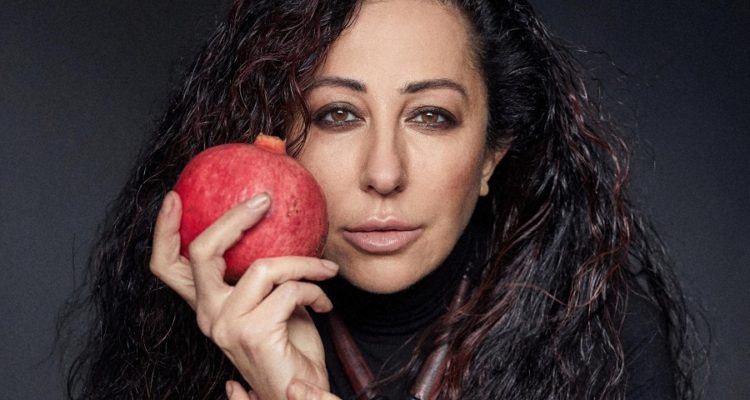When she learnt that two Afghan boys had been killed by shots fired from a NATO helicopter while out collecting firewood with their donkeys, Granaz Moussavi was watching the evening news from her couch in Adelaide. It was February 2013, midway through the so-called Forever War, a costly and unpopular campaign that did in fact have a beginning and now, it seems, an end. It’s an unsatisfying end: as American and allied troops withdraw from Afghanistan, they leave behind a resurgent Taliban and a nation in no better shape than when they invaded following the 9/11 terrorist attacks 20 years ago.
Moussavi, 44, is a storyteller, an Iranian-Australian poet and filmmaker, and she was drawn to the careless insult buried in the Western news report she was watching on TV. Both Australian and American soldiers had been involved in the shooting, they said. In the central province of Uruzgan, they said. It was an accident, they said. What they didn’t say were the names of the boys.
“I was shocked,” she says now, from her new home office in Melbourne, where she waits for the world to open up again. “The ugly side of war is everywhere, but the way it’s relayed to people is also part of the narrative. Talking very casually about the killing of two little boys without giving them faces or names – I think it just empowers the narrative of ‘otherness’, that we in Australia are different from the people and their kids in other corners of the world.”
Read the article by Megan Lehmann


